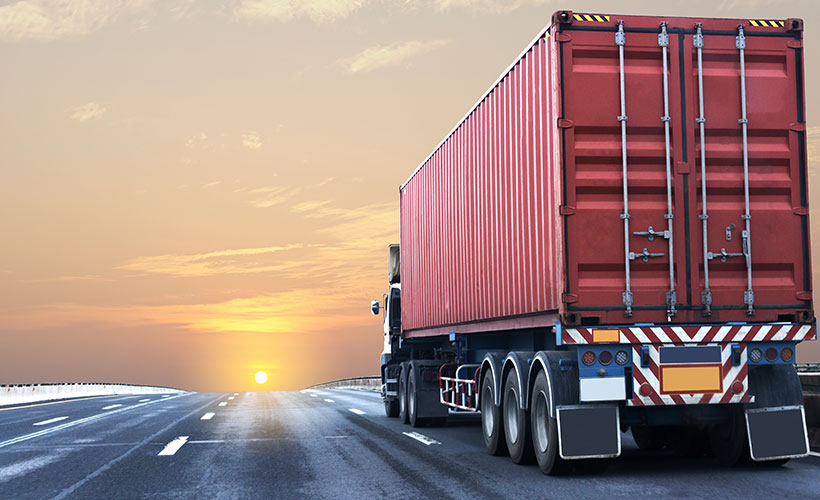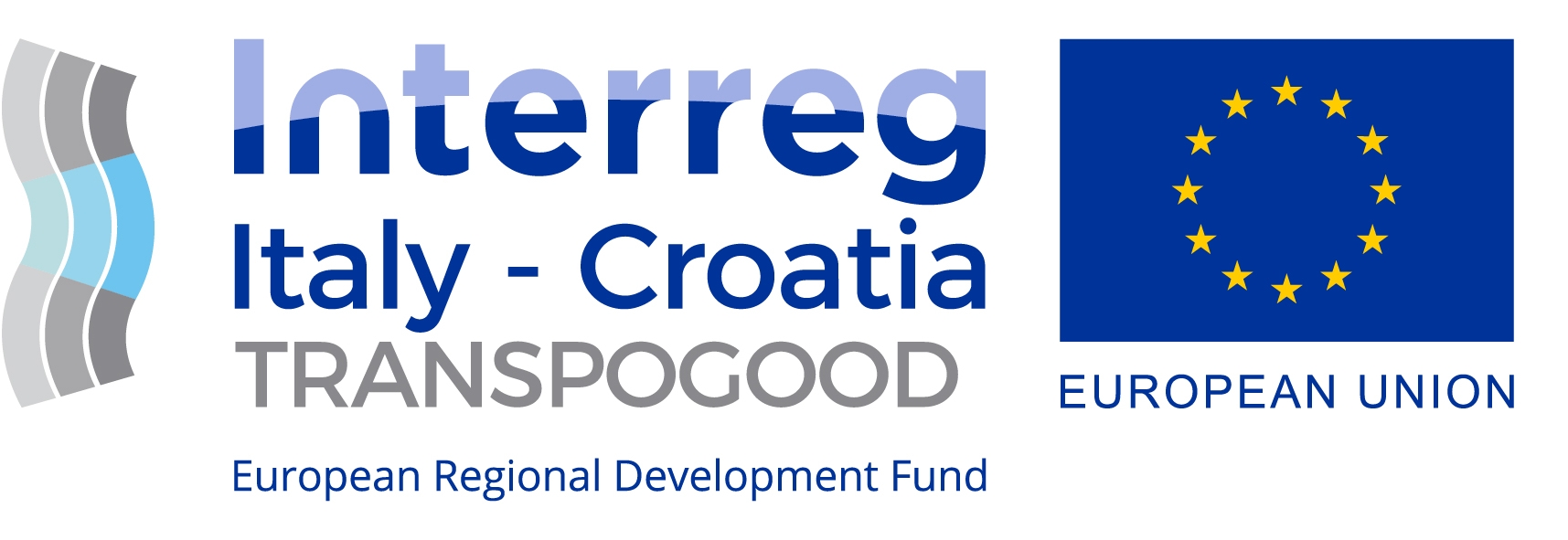Incentives
Incentives for Intermodality

In March 2011, the European Commission adopted the White Paper 2011 “Roadmap to a Single
European
Transport
Area – Towards a competitive and resource efficient transport system”2, defining a
long-term
strategy to make European Union transport system more efficient, safe and secure. The 2011 White
Paper
identifies ten goals for a competitive and resource-efficient transport system, which serve as
benchmarks
for achieving the 60% GHG emissions reduction target.
Among its goals, the White Paper sets that 30% of road freight over 300 km should shift to other
modes
such
as rail or waterborne transport by 2030, and more than 50% by 2050, facilitated by efficient and
green
freight corridors.
In order to achieve this objective, various initiatives have been implementing at European
level: e.g.
the
strengthening of the high speed railways and completion of the TEN-T3 infrastructure
network;
the
motorways of the sea initiative4; the Marco Polo Programme5, closed
programme
fostering intermodal alternative solutions.
Despite the efforts and actions undertaken at both European and national level in favour of
“sustainable
transport”, in the European Union the road mode is still largely predominant (48% of total
transported
freight6).
In this context, Regional and National Authorities often set up incentive schemes to encourage a
rebalance
in the modes of transporting goods, by supporting the utilisation of less polluting modes of
transport
-different from the all-road one (modal shift).
1 Deliverable 3.1.1
2 WHITE PAPER Roadmap to a Single European Transport Area – Towards a competitive and resource efficient system/COM/2011/0144 (https://eur-lex.europa.eu/legal-content/EN/ALL/?uri=CELEX:52011DC0144 ).
3 Programme established by the European Commission in 2004 to support the construction and upgrade of transport infrastructure across the European Union (s. https://ec.europa.eu/inea/en/ten-t ).
4 Concept introduced with the 2001 Transport White Paper, aiming at introducing new intermodal maritime-based logistics chains ( s. https://ec.europa.eu/transport/modes/maritime/motorways_sea_en ).
5 see. https://ec.europa.eu/transport/marcopolo/
6 data from Eurostat 2016.
